$250.00
1 in stock
Marlene Anderson
29.5cm x 42cm: 150gsm Artist Paper
Year: 2022
22-965
Mungilli Rock Hole
“I was swimming there. Yeah, we go visit them a long time [ago]. We drink it, rain water from the rain. Big waterhole. It’s a fresh water, when the rain comes, fills it up. One for swimming and another rock hole for drinking.”
– Marlene Anderson
Mungilli is a small outstation community located just off the Eagle Highway in Western Australia, approximately 430 kilometres north east of Wiluna and 250 kilometres north of Warburton. Marlene grew up in Mungilli, and as such it forms a significant part of her ‘ngurra’ (home Country, camp).This work depicts a rock hole within Marlene’s’ ngurra (home Country, camp), typically Marlene depicts this site with a central large circular form, surrounded by satellite circles for water bodies.
During the pujiman (traditional, desert dwelling) period, knowledge of water sources was critical for survival, and today Martu Country is still defined in terms of the location and type of water. Each of the hundreds of claypans, rockholes, waterholes, soaks and springs found in the Martu desert homelands is known through real life experience and the recounting of Jukurrpa (Dreaming) narratives by name, location, quality and seasonal availability. This encyclopedic knowledge extends even to the nature and movement of arterial waterways, and sustained Martu as they travelled across their Country, hunting and gathering, visiting family, and fulfilling ceremonial obligations. They would traverse very large distances annually, visiting specific areas in the dry and wet season depending on the availability of water and the corresponding cycles of plant and animal life on which hunting and gathering bush tucker was reliant.
Sign up to Martumili Artists’ mailing list to receive artist news, special offers, and shop updates.




Martumili Artists warns visitors that our website includes images and artworks of Artists who have passed away which may cause distress to some Indigenous people.
Martumili Artists acknowledges the Nyiyaparli and Martu people as the Traditional Owners of the land we live and work on. We also acknowledge the Traditional Owners throughout our country and our Elders; past, present and emerging.